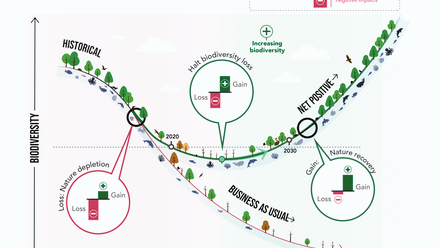Green Alliance report Circular construction published
Circular construction, a new report for Green Alliance's Circular Economy Task Force, explains how a circular construction industry could provide the housing and infrastructure the UK needs, while decreasing its negative impacts and increasing resilience to supply chain pressures.
The report confirms that the construction sector is the UK’s biggest user of non-renewable materials and the biggest producer of waste. In 2018, the report states, construction, demolition and excavation generated almost two-thirds (62%) of the country’s waste.
Given that much of the raw material used is high in embodied carbon, a failure to make the construction sector more circular will likely mean it is unable to reach net-zero in line with the UK Government's legally binding 2050 deadline, Green Alliance warns.
The report notes that, while the Government has been developing and refining policies on the operational emissions of buildings, less policy progress has been made in tackling embodied carbon. Green Alliance makes the case that, at a time of increasing material processes, reducing embodied carbon by improving material efficiency, material reuse and sustainable material procurement is increasingly becoming a cost-saving measure.
Green Alliance is calling on the UK government to lead by example and set a target to reduce raw material use in construction by at least one-third by 2035. Targets could be steeper for the most carbon-intensive materials and should be applicable in the private and public sector.
You can read the report in full here.





